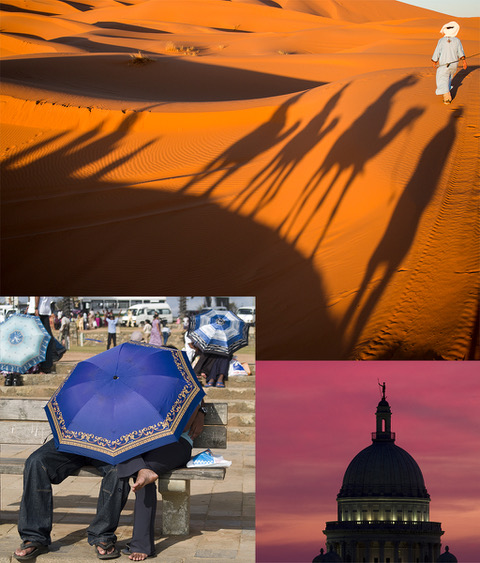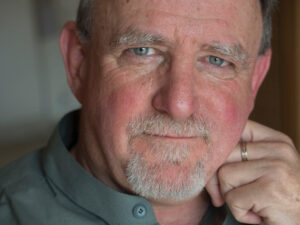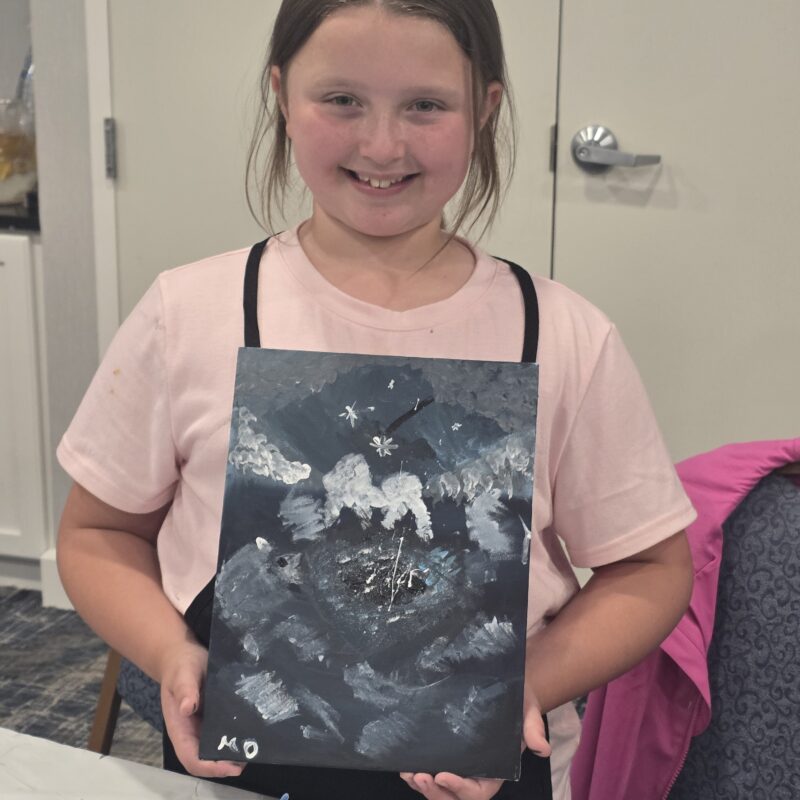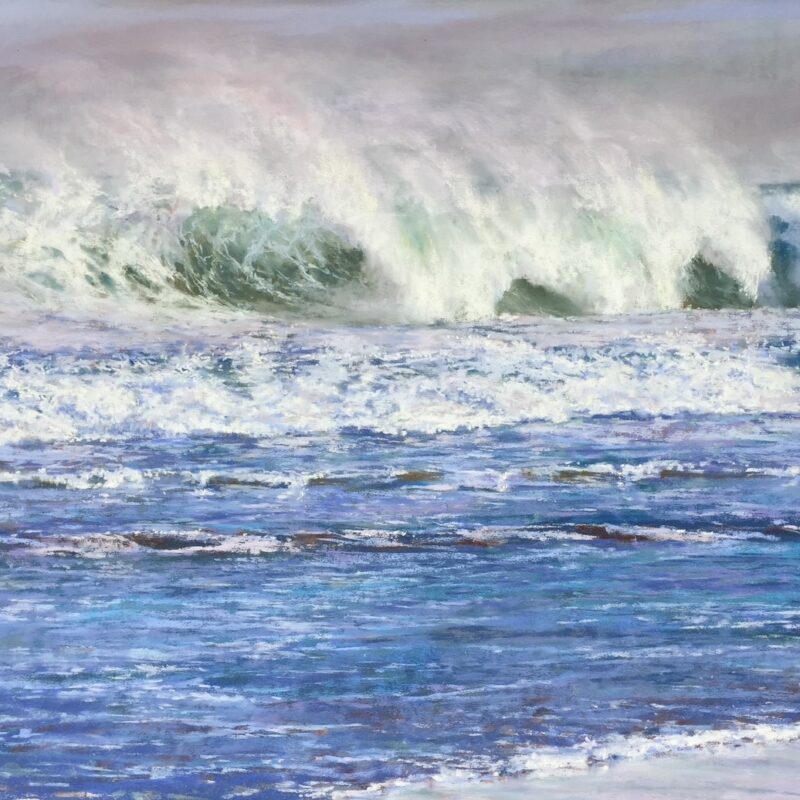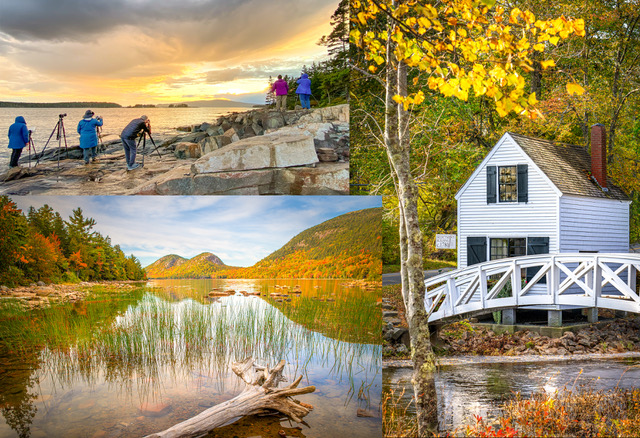Description
Tools of Travel Photography with David H. Wells
Saturday/Sunday, October 4-5, 2025, Varied times
$375 Member / $395 Non-Member
Learn the secrets of travel photography while exploring parts of Cape Cod.
At its best, travel photography blends two passions: travel and photography. Award-winning, internationally traveled publication photographer David H. Wells has dedicated his career to mastering and teaching this craft.
The most compelling travel photographs don’t just document a place—they make the viewer want to visit, taste the food, meet the people, and immerse themselves in the experience. These powerful images come from photographers who are not just observers but active participants in the moment. Excelling in travel photography requires a keen eye, technical expertise, and the ability to adapt to available light. A skilled travel photographer must confidently handle their camera, compose striking images, and work with—or creatively manipulate—natural light.
The best travel photographers are versatile, fluid in their process, and adept at achieving striking results with minimal gear. In this workshop, David H. Wells will guide students through the essential skills for great travel photography, including:
- Considerations of cameras, lenses and gear for travel
- Being in the right place at the right time
- Adjusting to different times of day for optimal light
- Understanding and harnessing natural light
- Capturing compelling portraits of people
- Freezing action vs. conveying motion
- When (and when not) to use a tripod
- Exploring the creative potential of different lenses
The workshop includes presentations followed by hands-on location photography sessions, allowing students to apply what they’ve learned in real-world scenarios. As a group, we will photograph on location during an afternoon/evening session and again the following morning, practicing key techniques in varying conditions.
During the photographing exercises, we will refine essential skills, particularly how to assess and work with available light. Students will gain a deeper understanding of how the tools above affect an image. Locations will include opportunities to practice street photography/activities, portraits, architecture and spaces, and natural scenes.
Editing & Critique
A critical part of the creative process is selecting the best images. Many photographers struggle to edit their own work because they are too emotionally attached to the experience of capturing the image. To address this, the final phase of the workshop will focus on learning to step back and evaluate photographs with a more analytical, objective eye.
For the review session on Sunday, each student will submit approximately 40 to 60 digital files to the instructor. Through this process, each student will see as theirs is refined to selection to a final set of images that best reflect their artistic strengths and areas of interest.
Students also benefit from observing the instructor edit their peers’ work. In many ways, this shared experience can be even more instructive, as students begin to mentally edit along with the instructor, gaining a deeper understanding of the editing process.
Schedule
Saturday:
- 12-2:30pm. We will meet at CCAC for introductions and a classroom session. You are welcome to bring a bag lunch and/or a snack for later.
- 2:30-7:30pm. We will then head out for field shoots at several locations.
Sunday:
- 6:45am. We’ll meet just before sunrise to capture the effects of sunrise and early morning light. We’ll have a quick break for coffee on the go and continue photographing through the mid-morning.
- 11:00am. We’ll head back to CCAC for editing and image review. We’ll take a short break to head for food to bring back to CCAC. We’ll review work from approximately 12:30 pm and wrap up about 3pm.
What to Know and Bring:
Please have a working knowledge of all of your gear. Be sure you are familiar with and can comfortably carry all of it. We’ll be on our feet much of the time so wear comfortable shoes.
Remember, good photographers can shoot breathtaking images with a minimal amount of equipment. If you have newly purchased equipment, try to make sure you are familiar with how it works.
The following is a suggested gear list and only meant to be helpful, NOT intimidating and it is NOT meant to cause you stress. Please do not feel pressured to go out and buy more equipment for this workshop.
Encouraged:
• Camera body
- Lenses: Zooms covering the range from wide (24 or 28) to (80 or 100) after the “conversion” factor. Then maybe a second zoom telephoto (80 or 100) to (200 or 300 or so) after the “conversion” factor.
- Or you can bring your favorite fixed focal length lenses.
- Plenty of digital memory (flash) cards with a card reader
- Spare batteries for the camera and flash (bring more batteries than you think you’ll need as we do a lot of photographing.
You will be happiest if you are technically self- sufficient and have some post-capture software so we can look at your work. I suggest:
- A laptop computer
- Hard drives where you can back-up your images.
- Image viewing/editing software installed on your computer (Lightroom, Photoshop, Aperture, Media Pro, Photo Mechanic, Photoshop Elements, iPhoto, or the image editing software from your camera manufacturer)
About David H. Wells
David brings four decades of experience in photography from across the globe. A highly regarded photo educator, he was named one of the Best Workshop Instructors in a PDN Reader Survey. Based in Providence, Rhode Island, David is a freelance photographer affiliated with Aurora Photos. He specializes in intercultural communications and the creative use of light and shadow to enhance visual storytelling. His editorial, commercial, and location photography includes multimedia productions and photo essays for publication and exhibition. His past assignments include work for Life Magazine, National Geographic Publications, The New York Times Magazine, and The Philadelphia Inquirer Sunday Magazine, among others.
